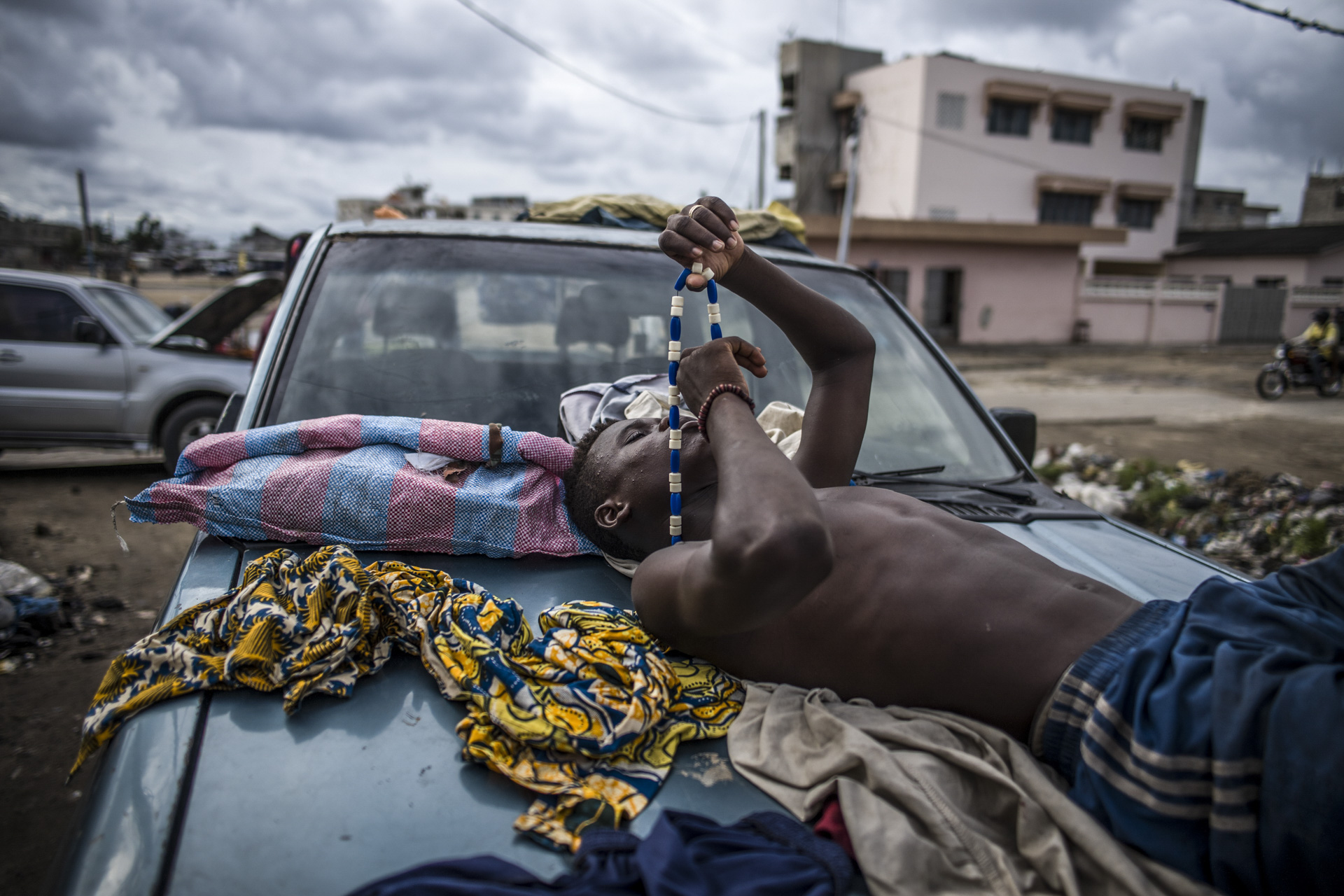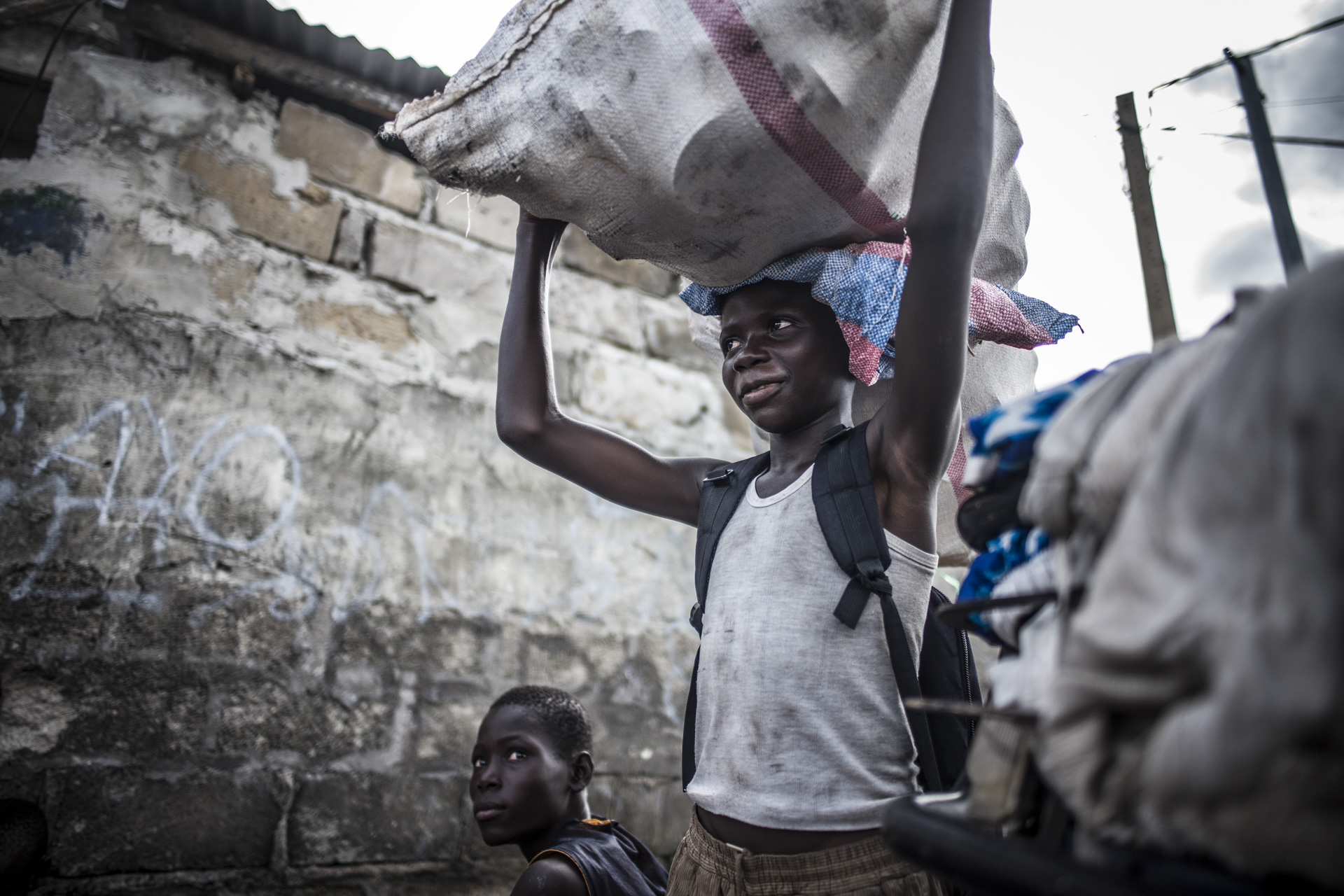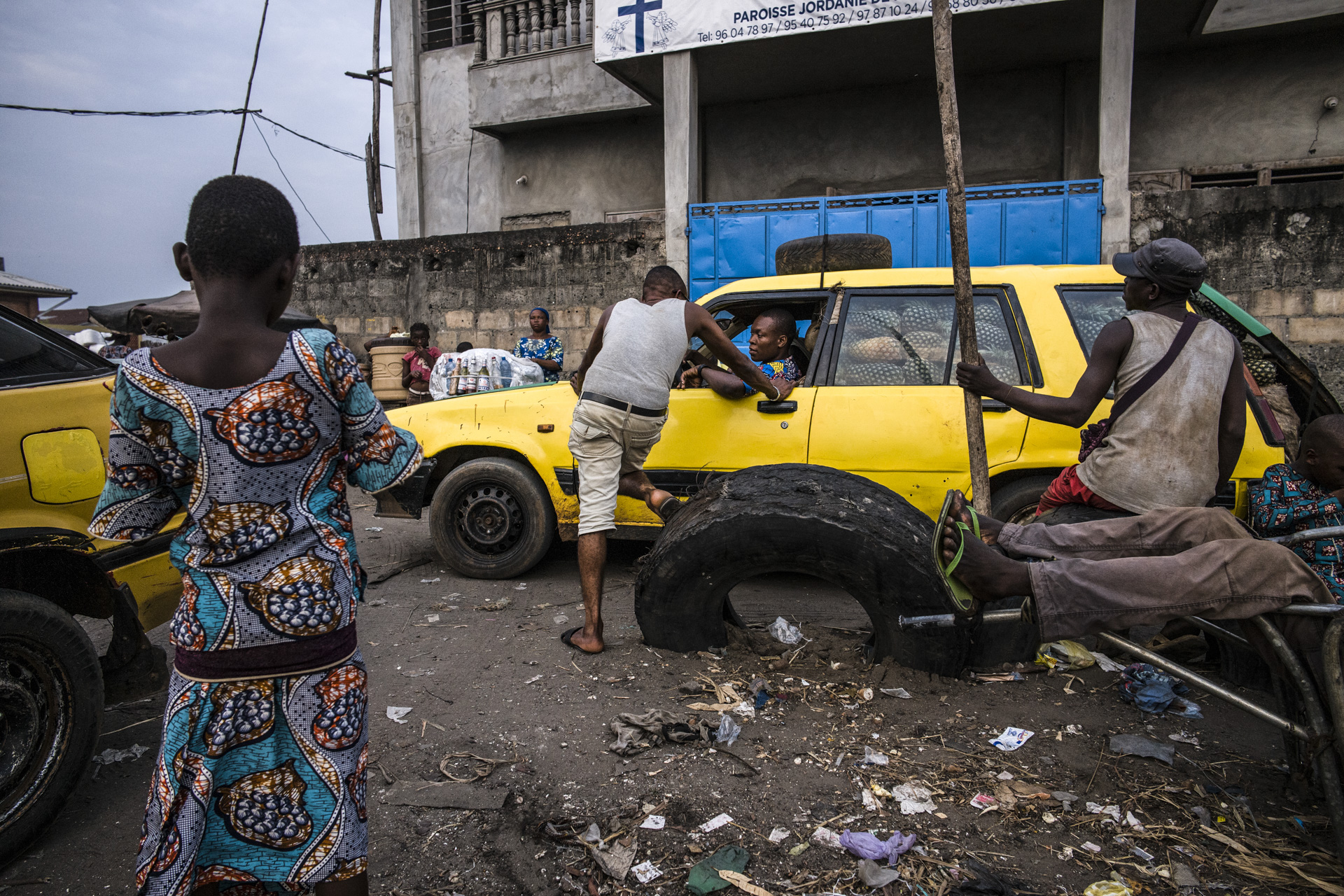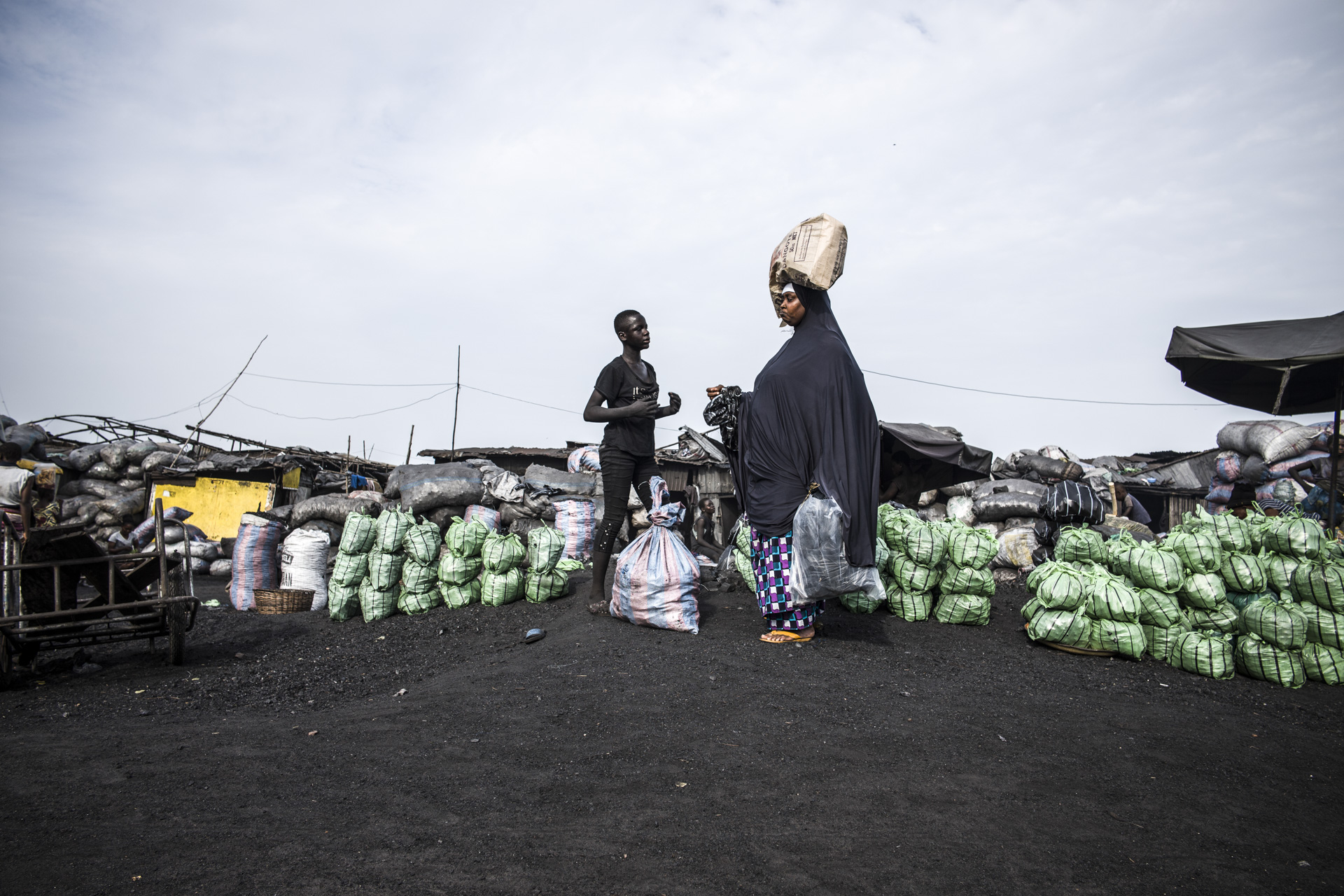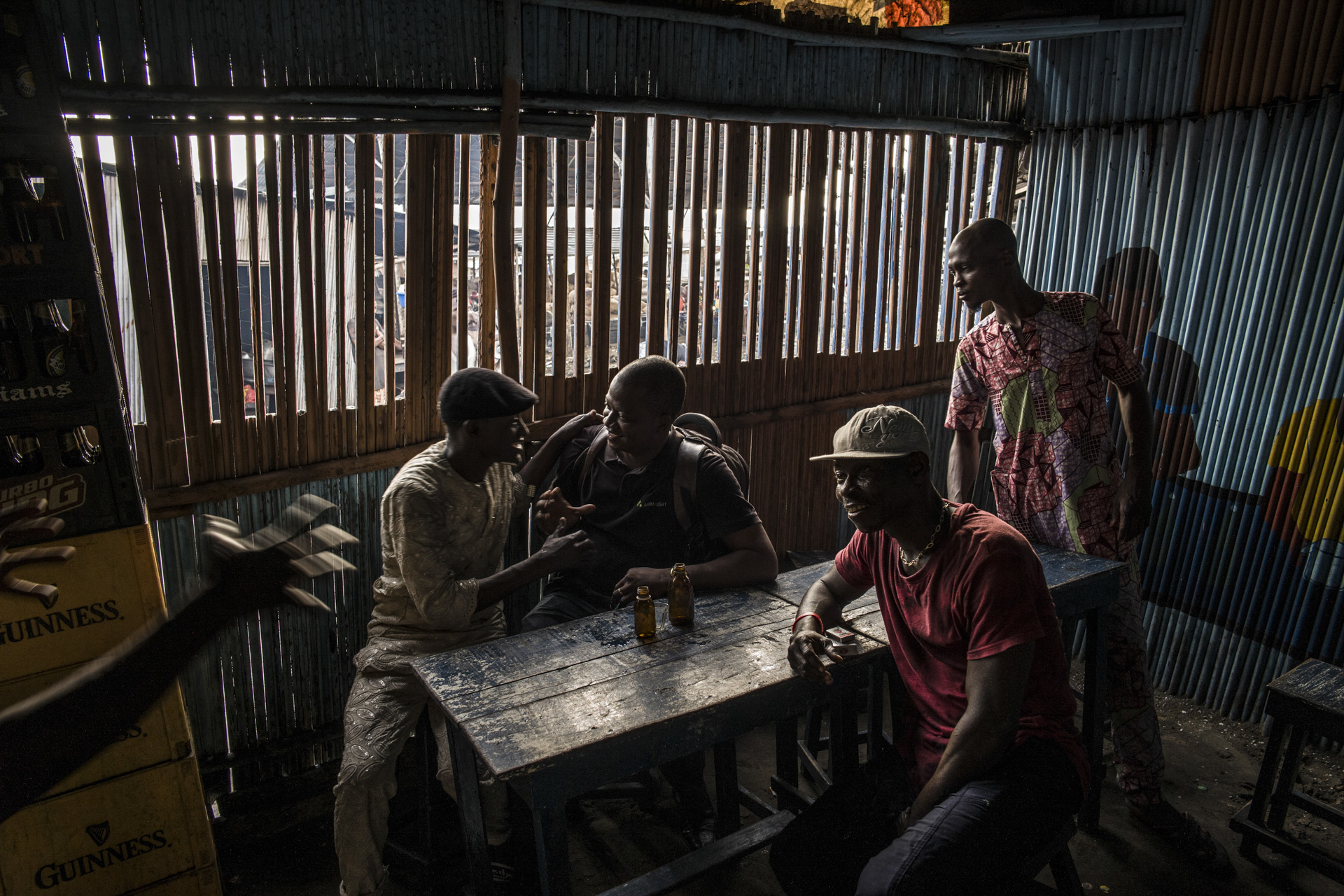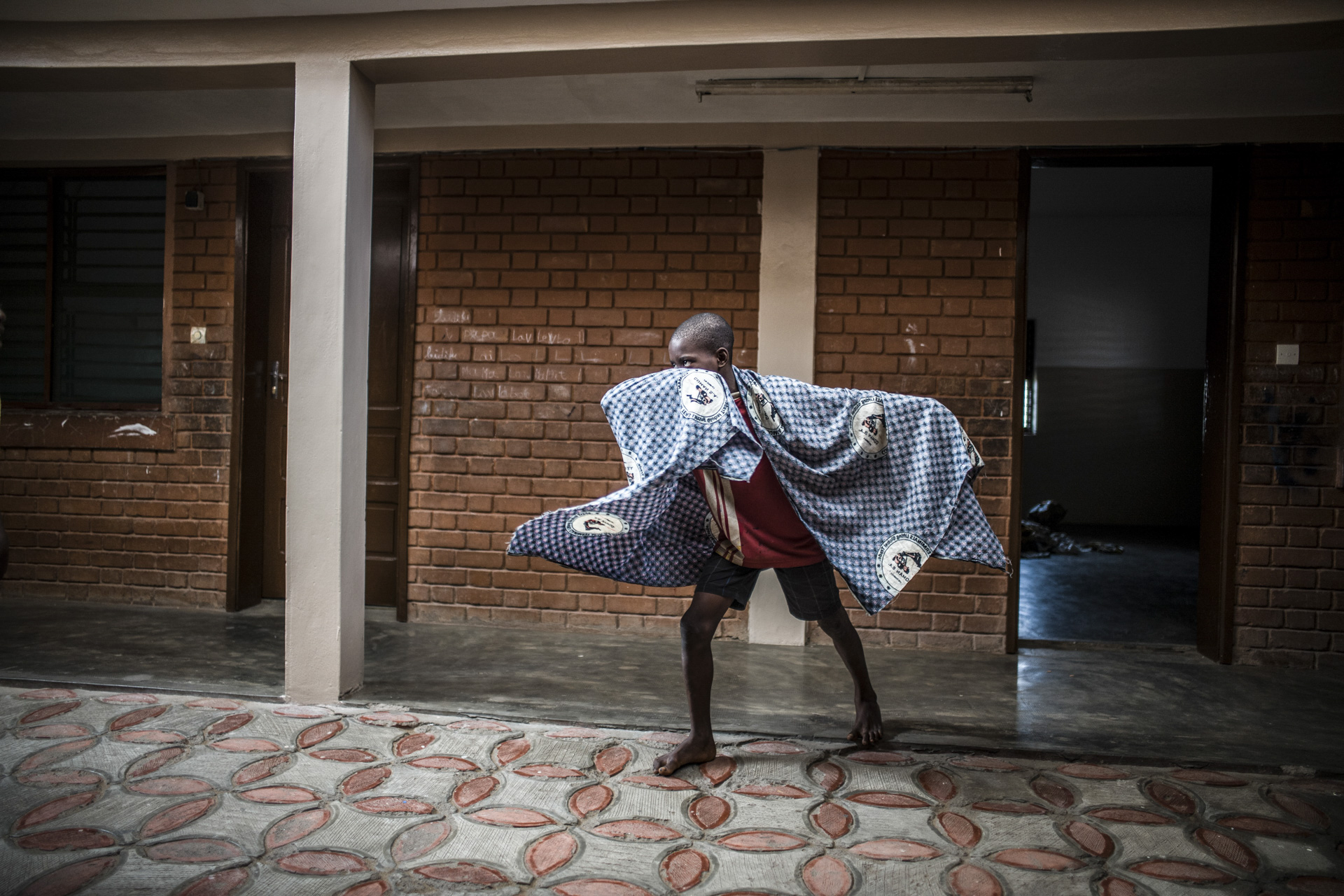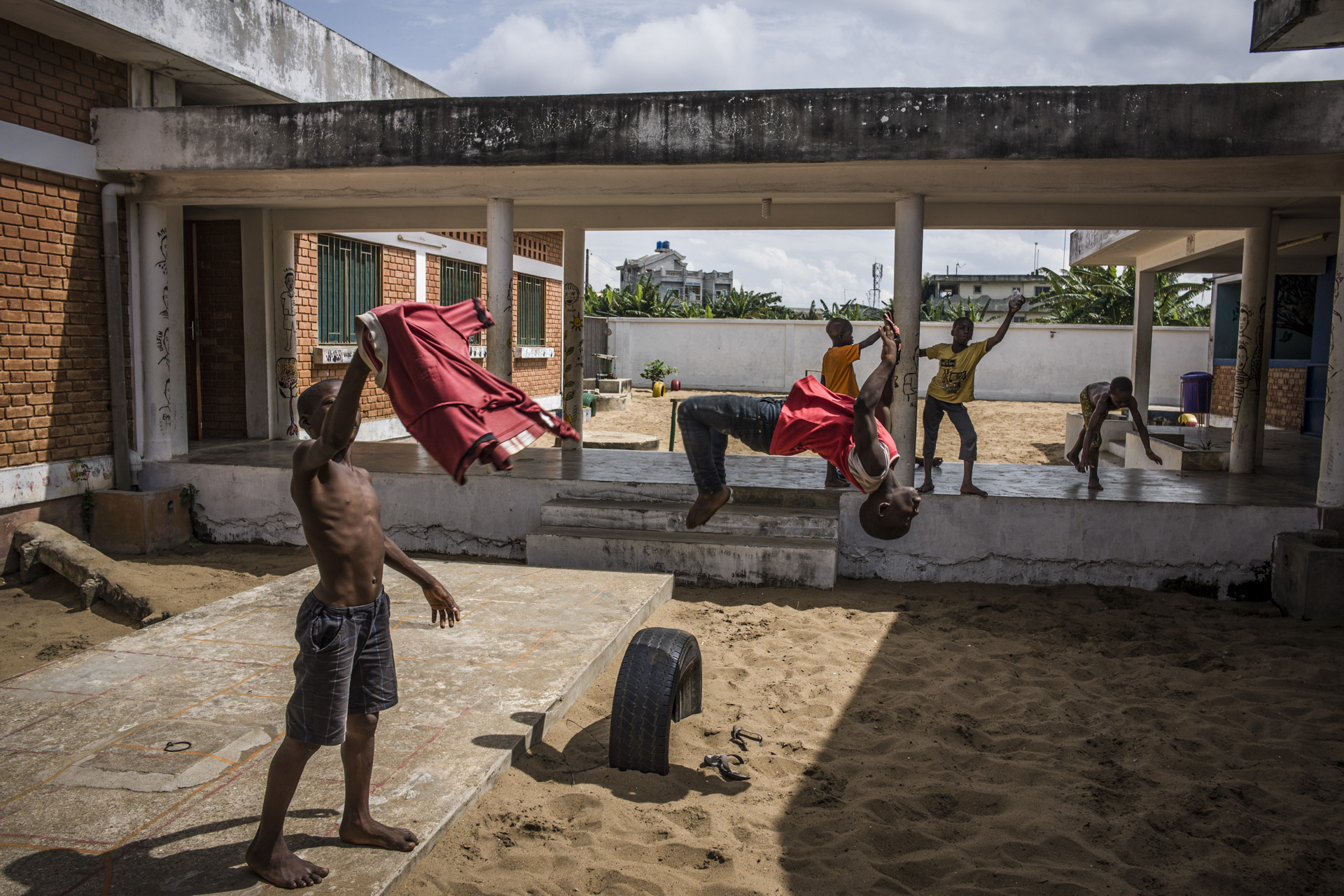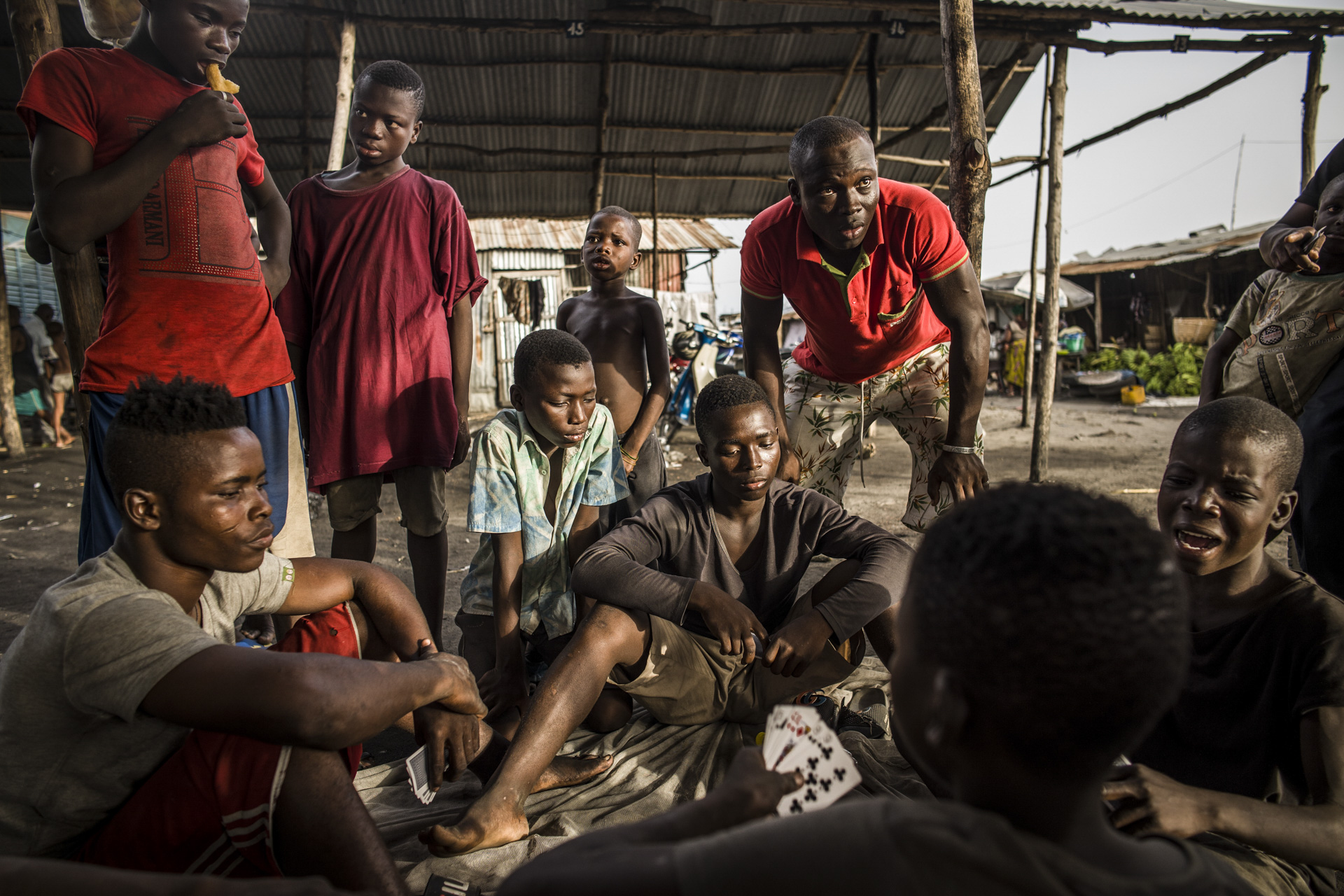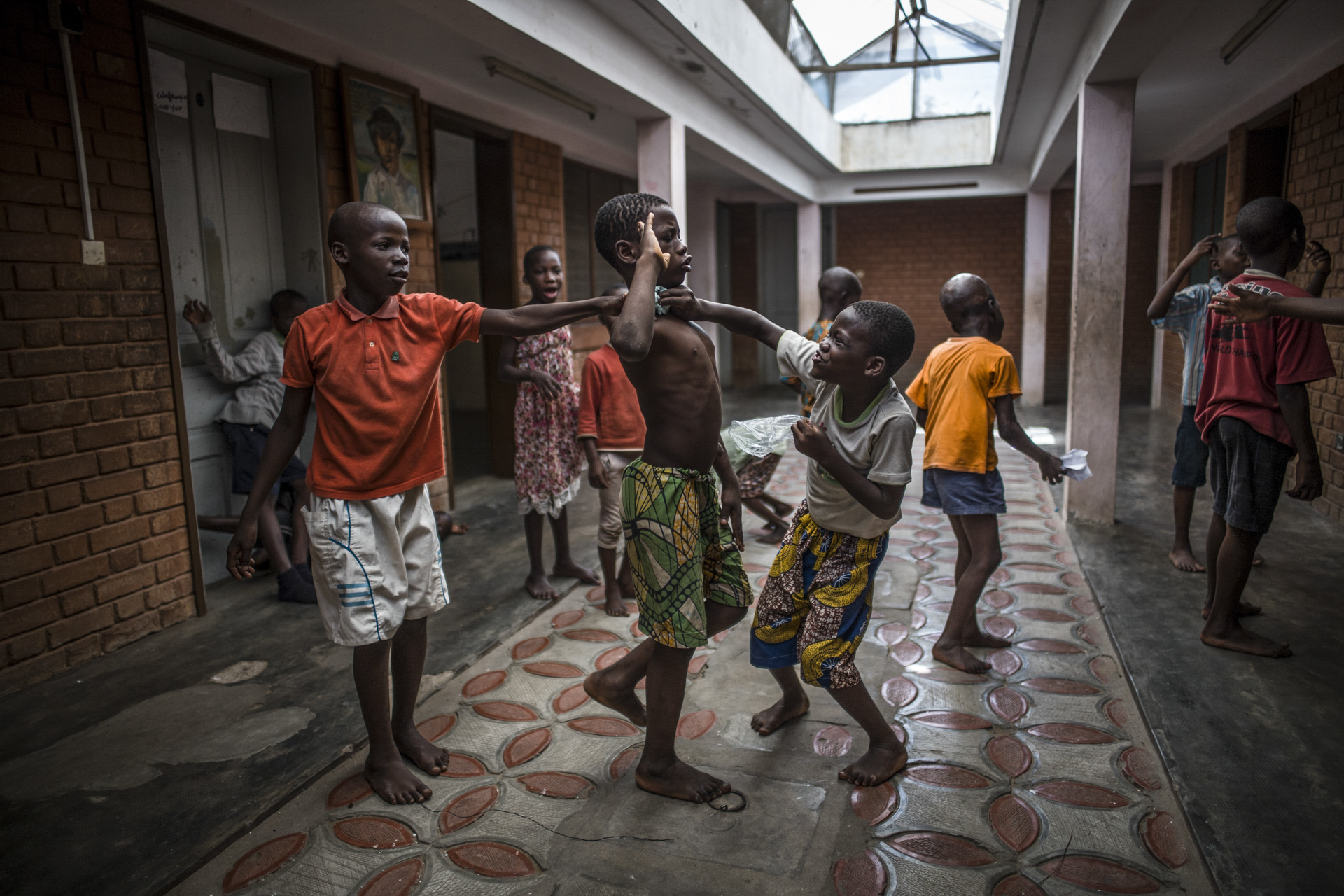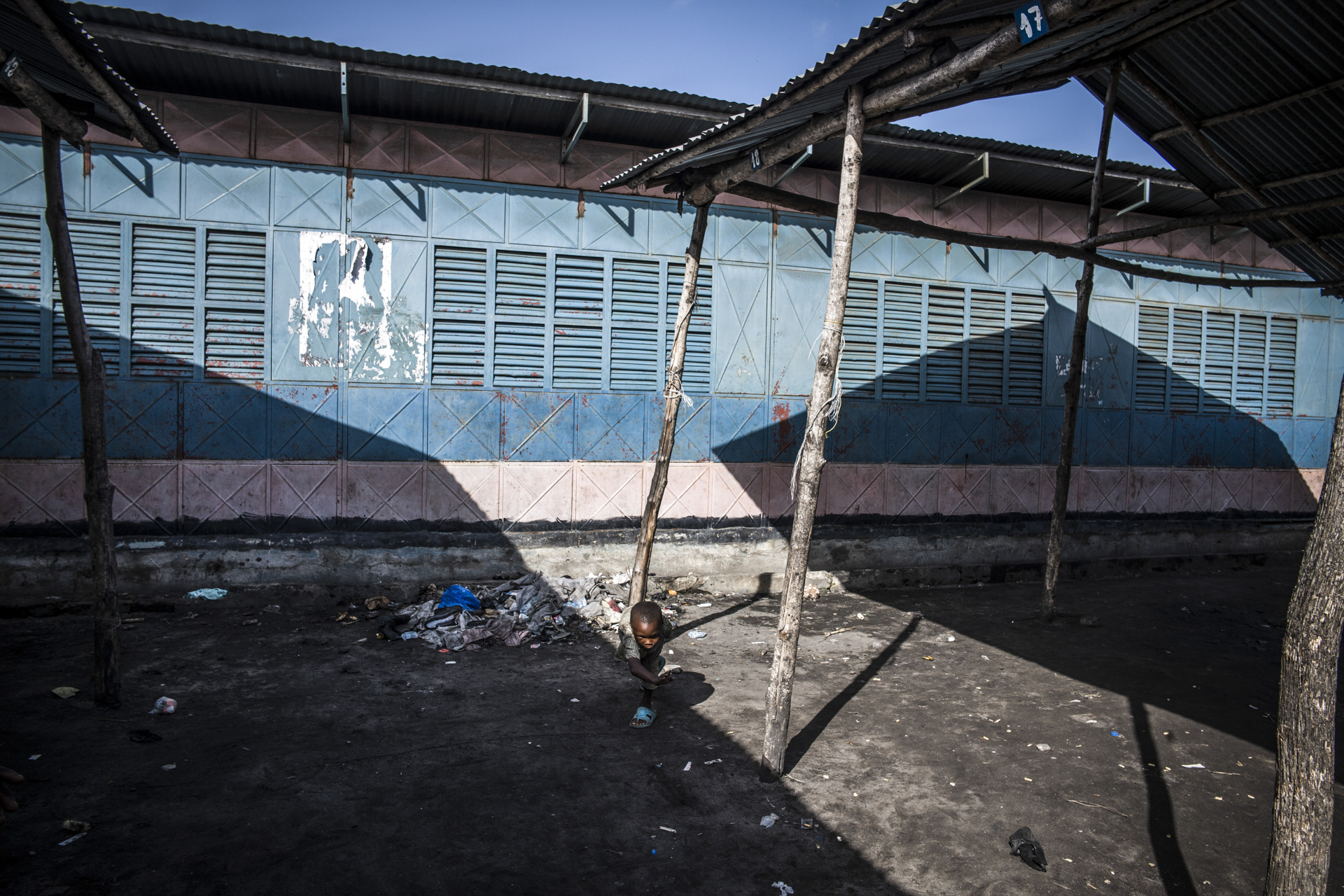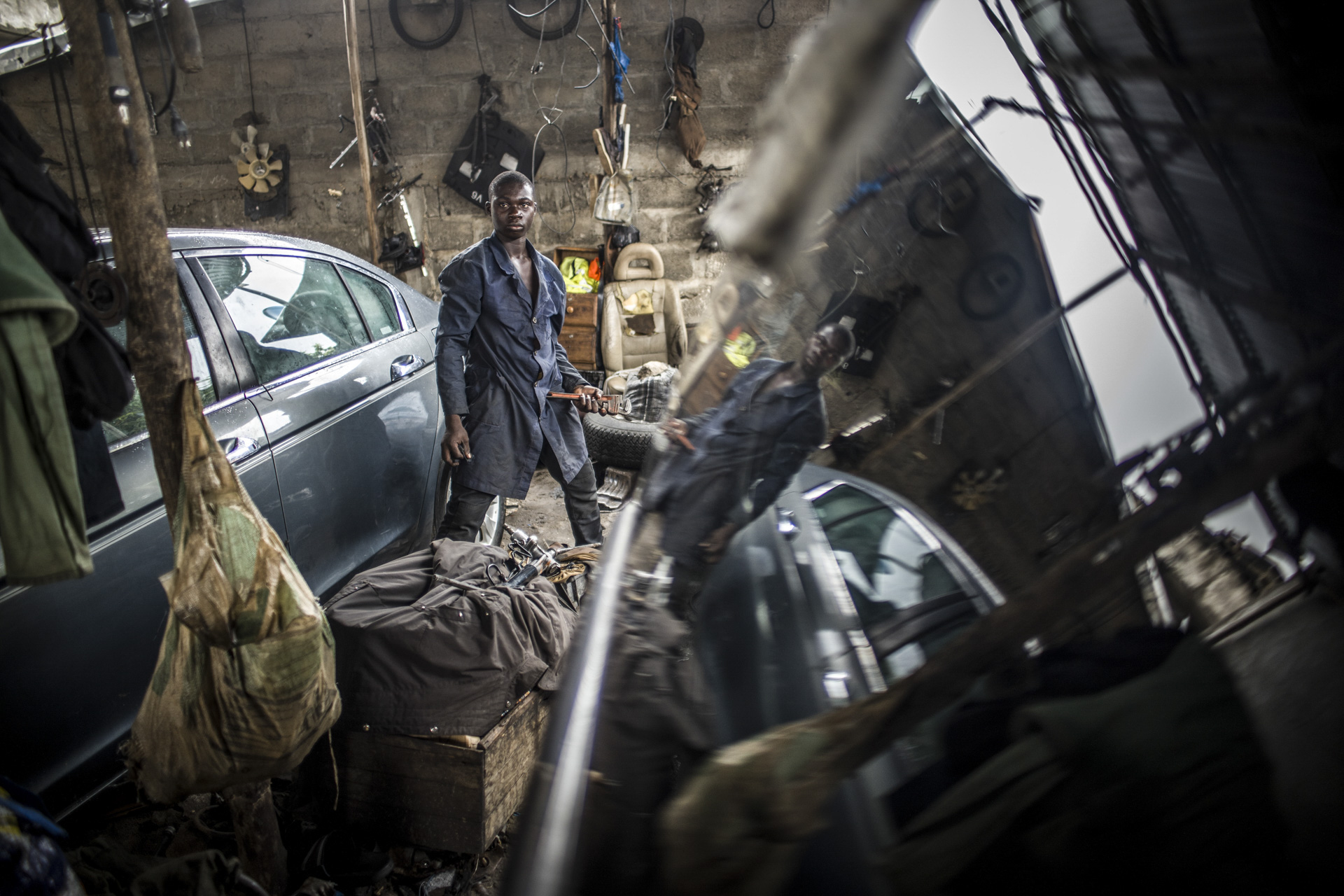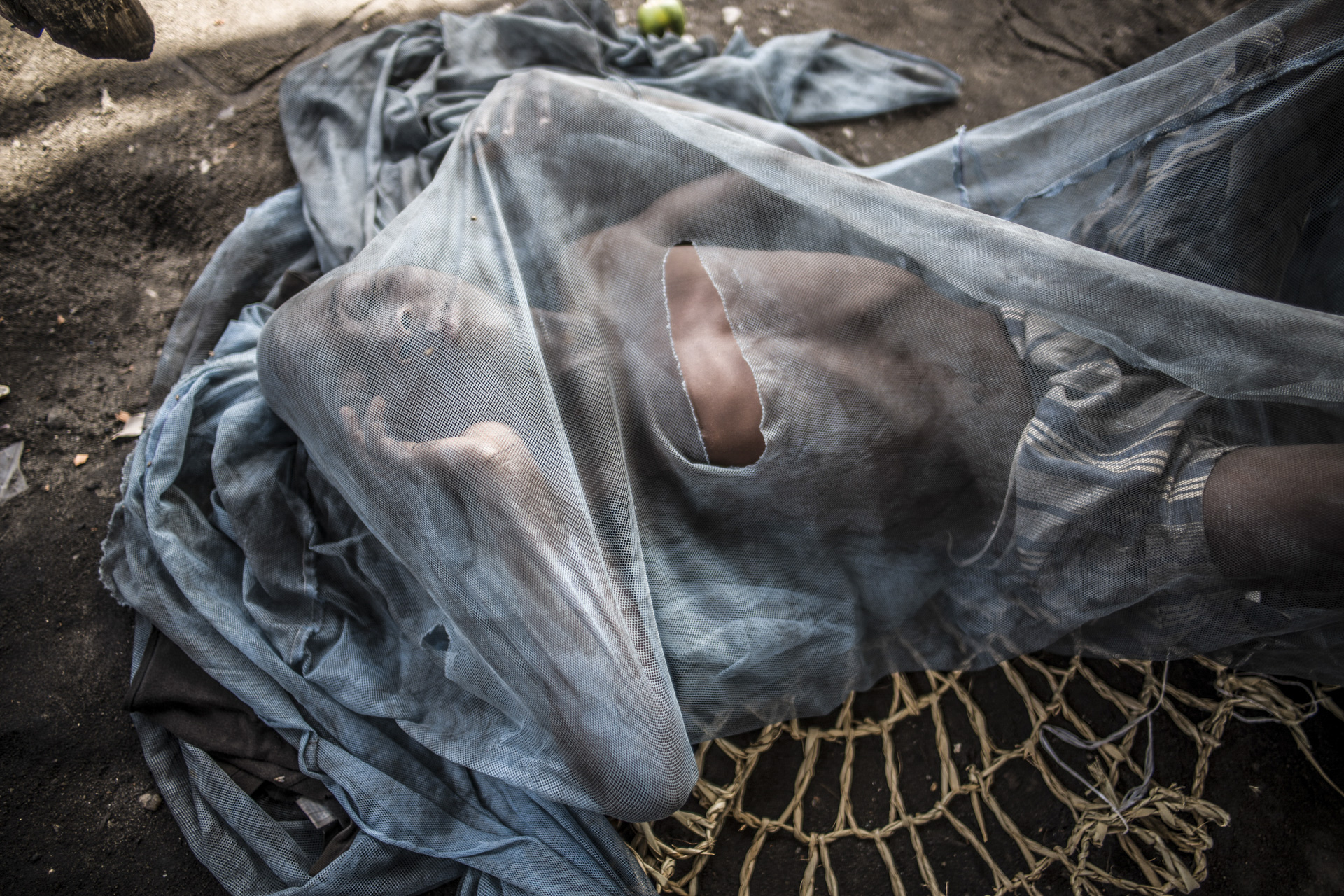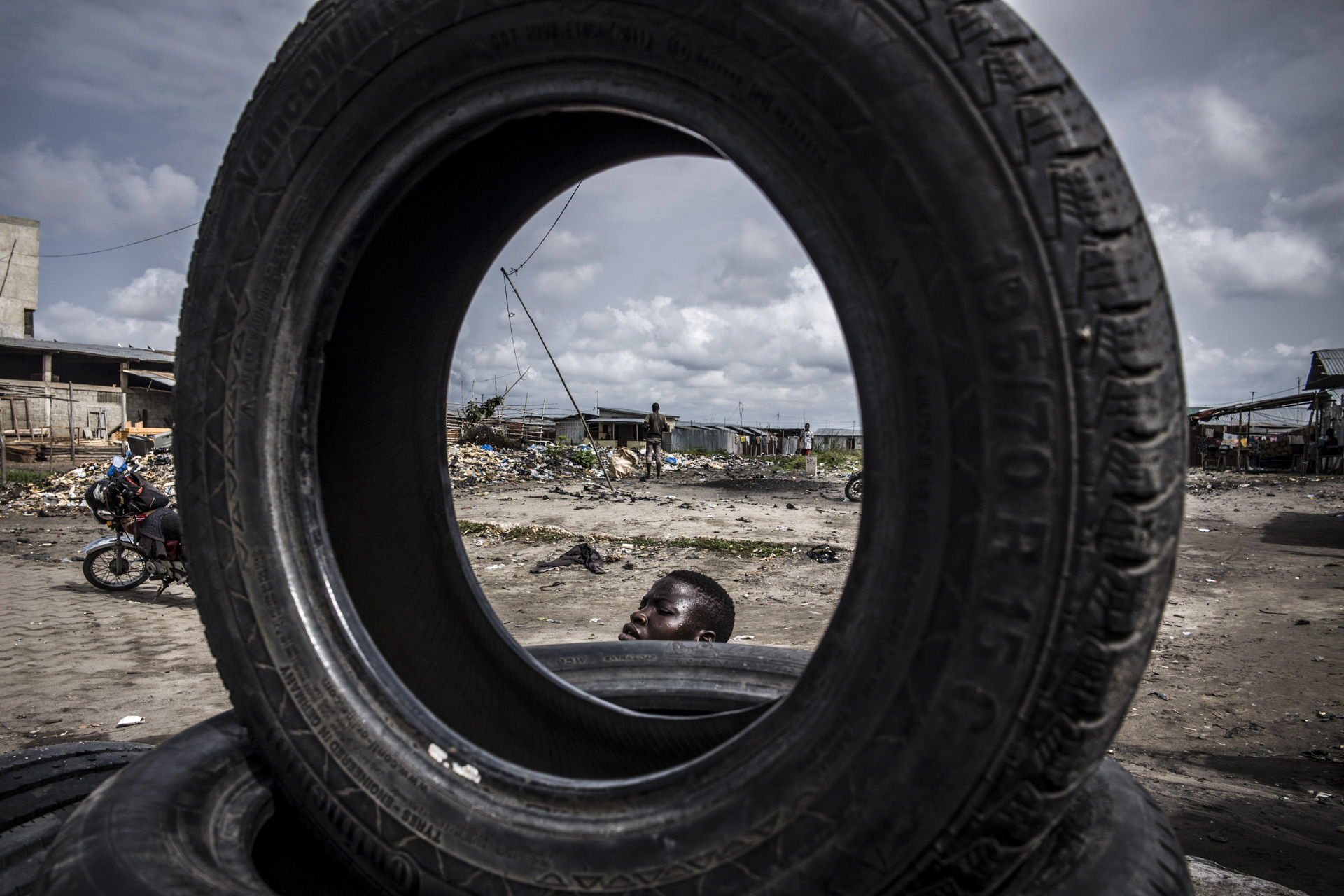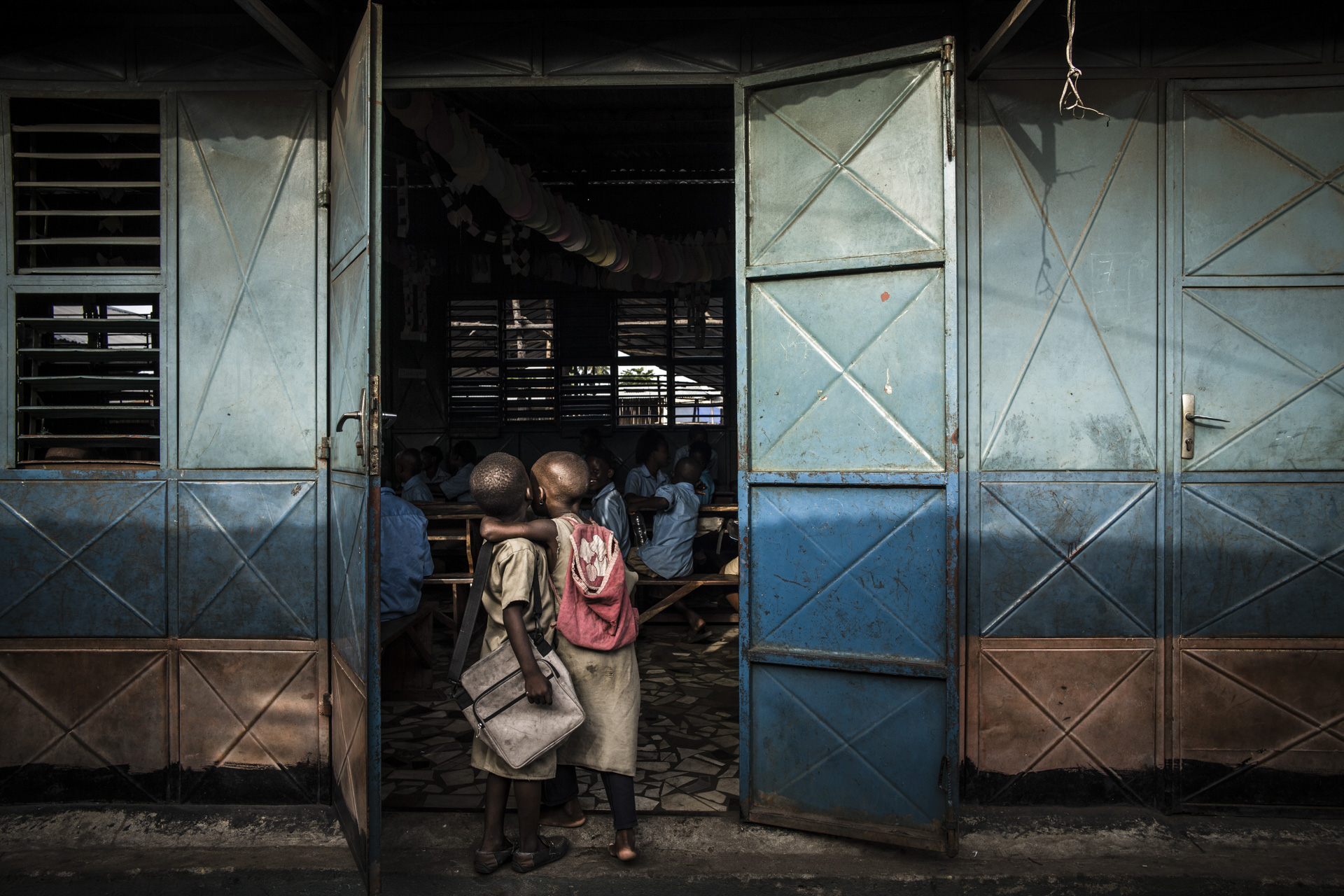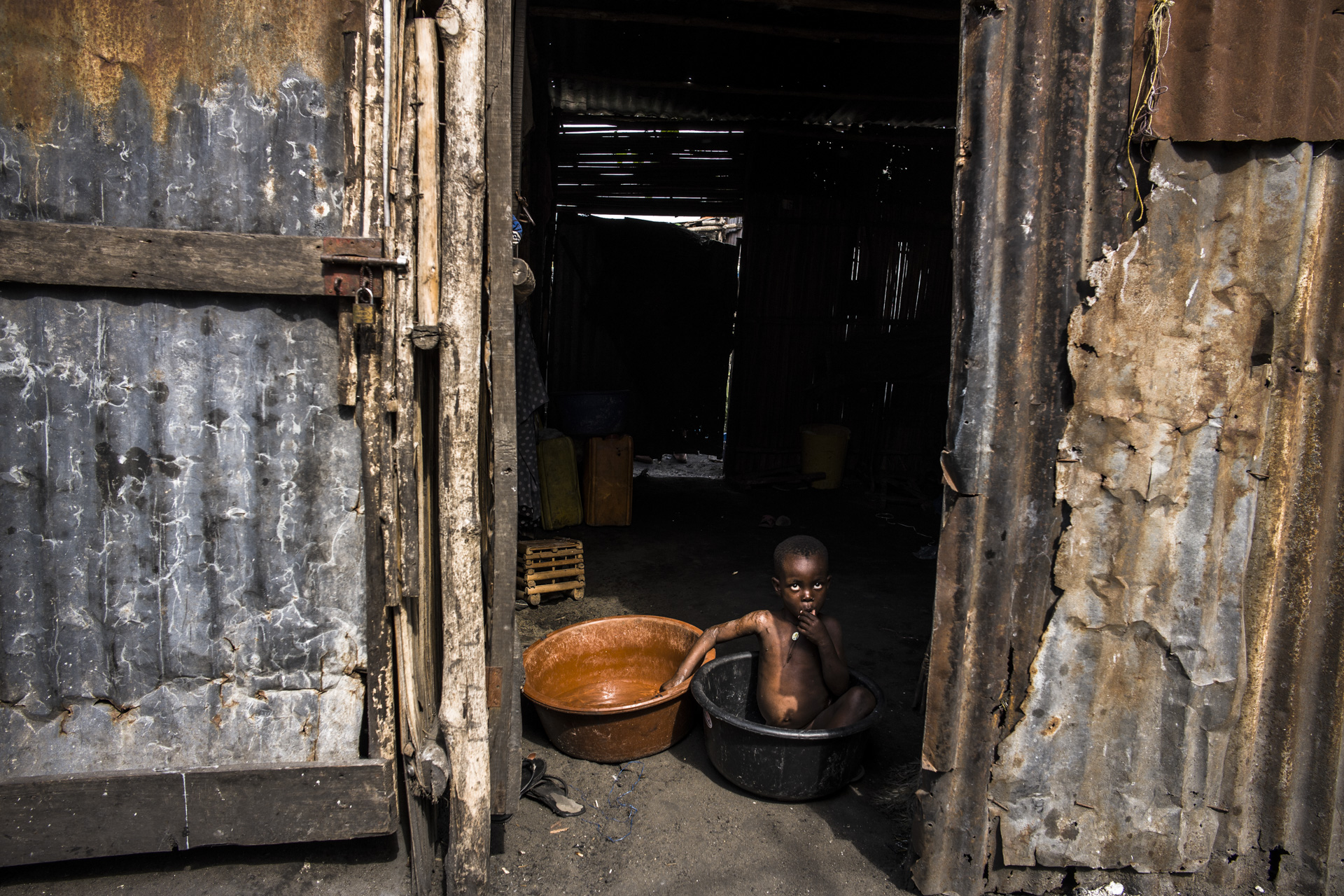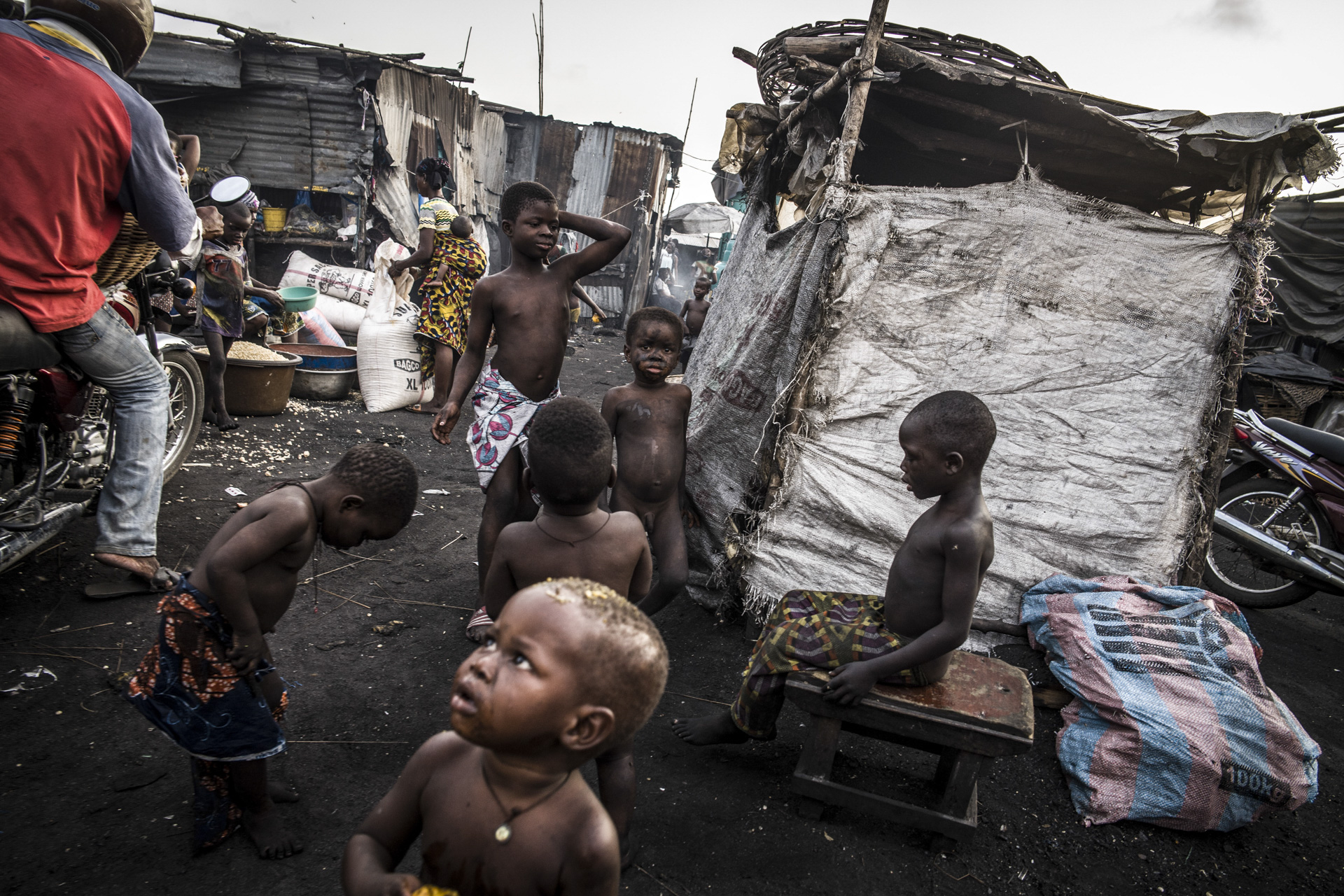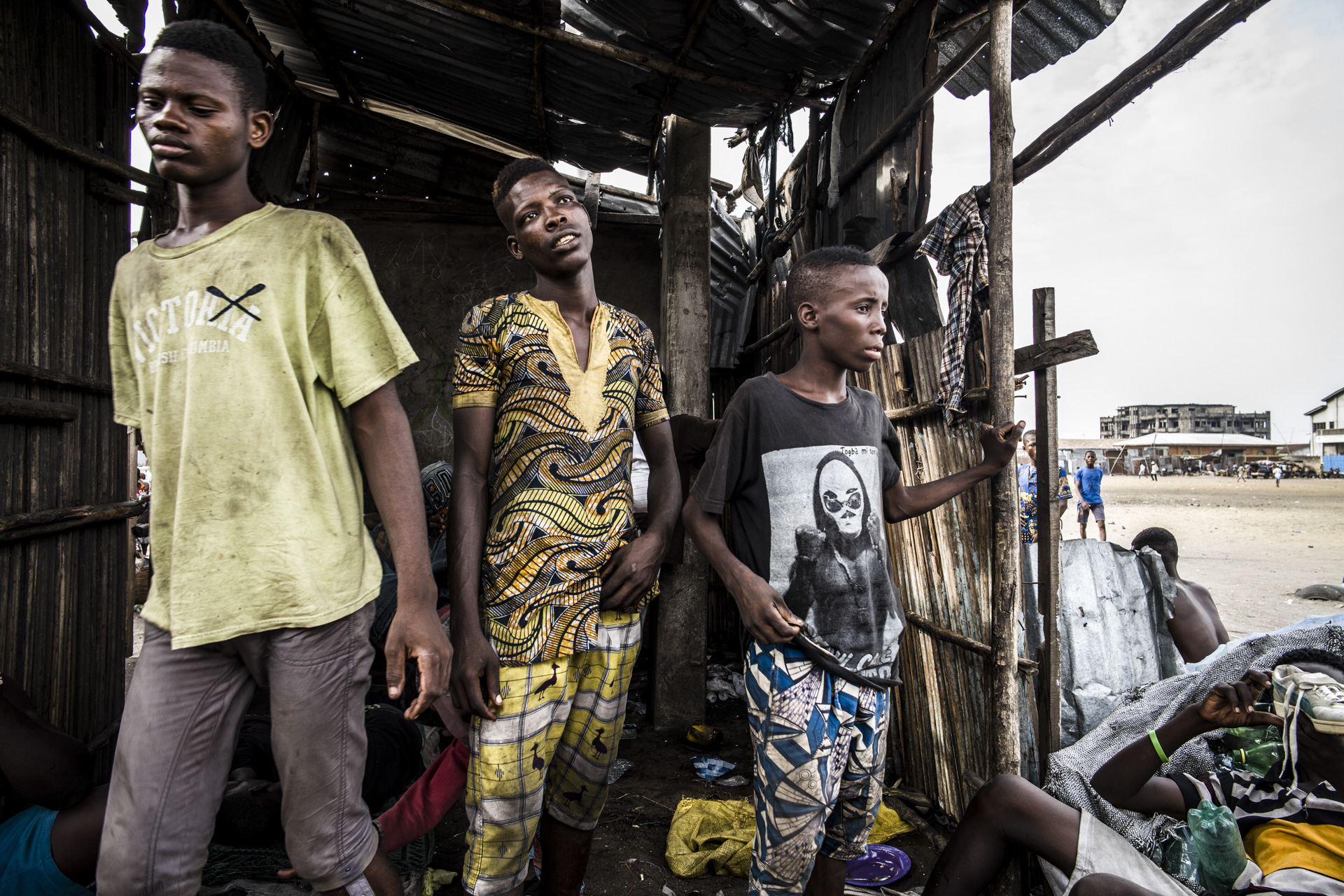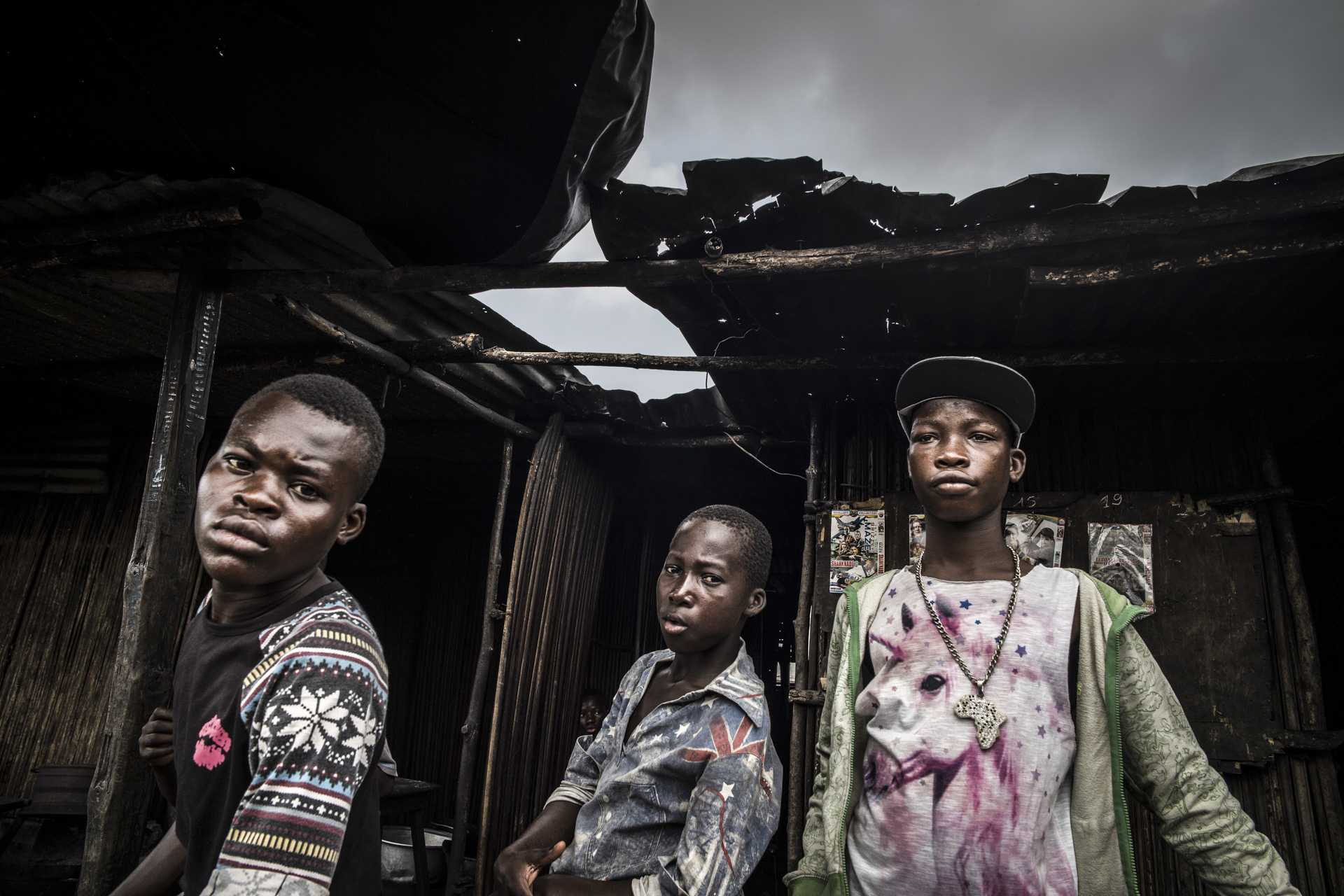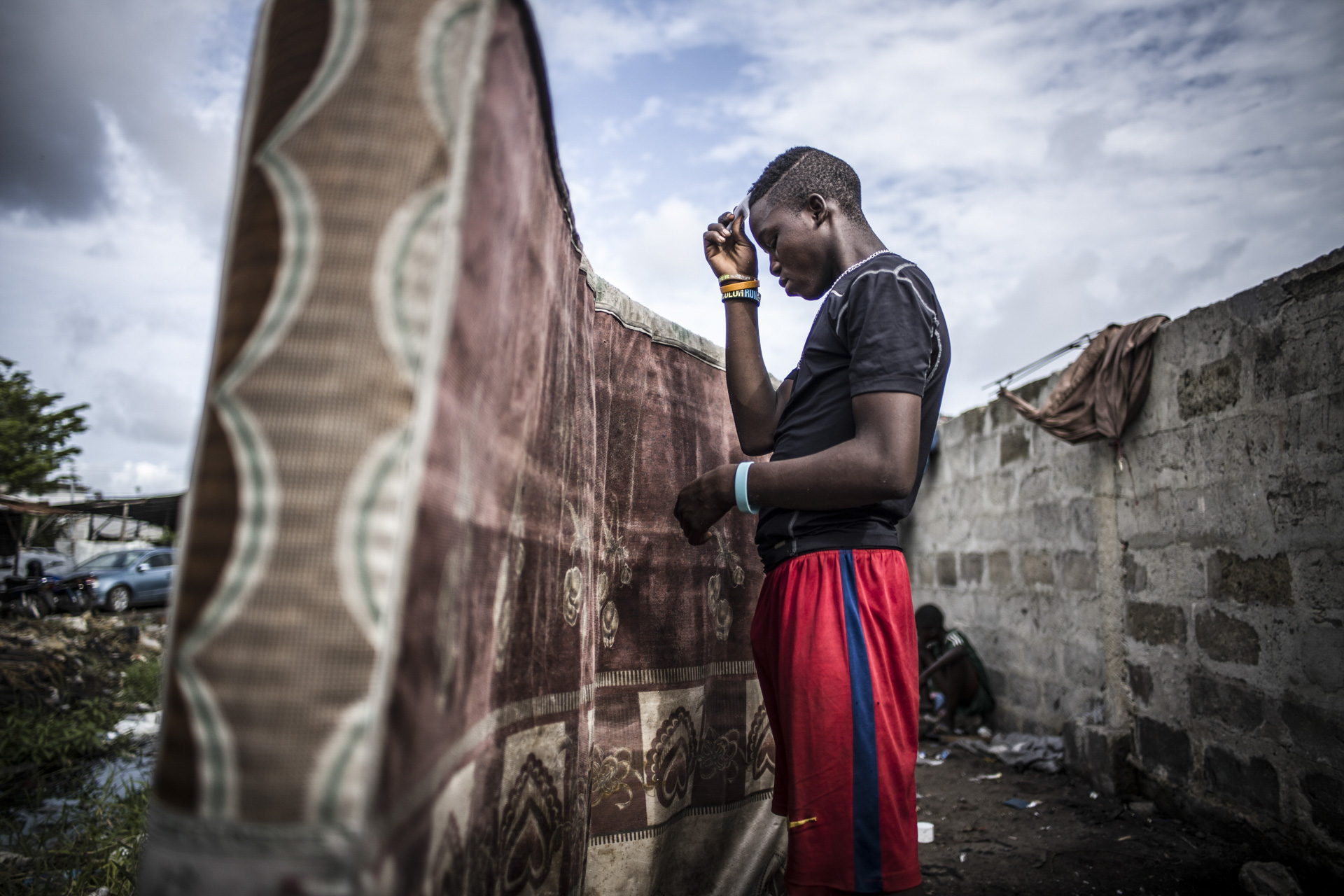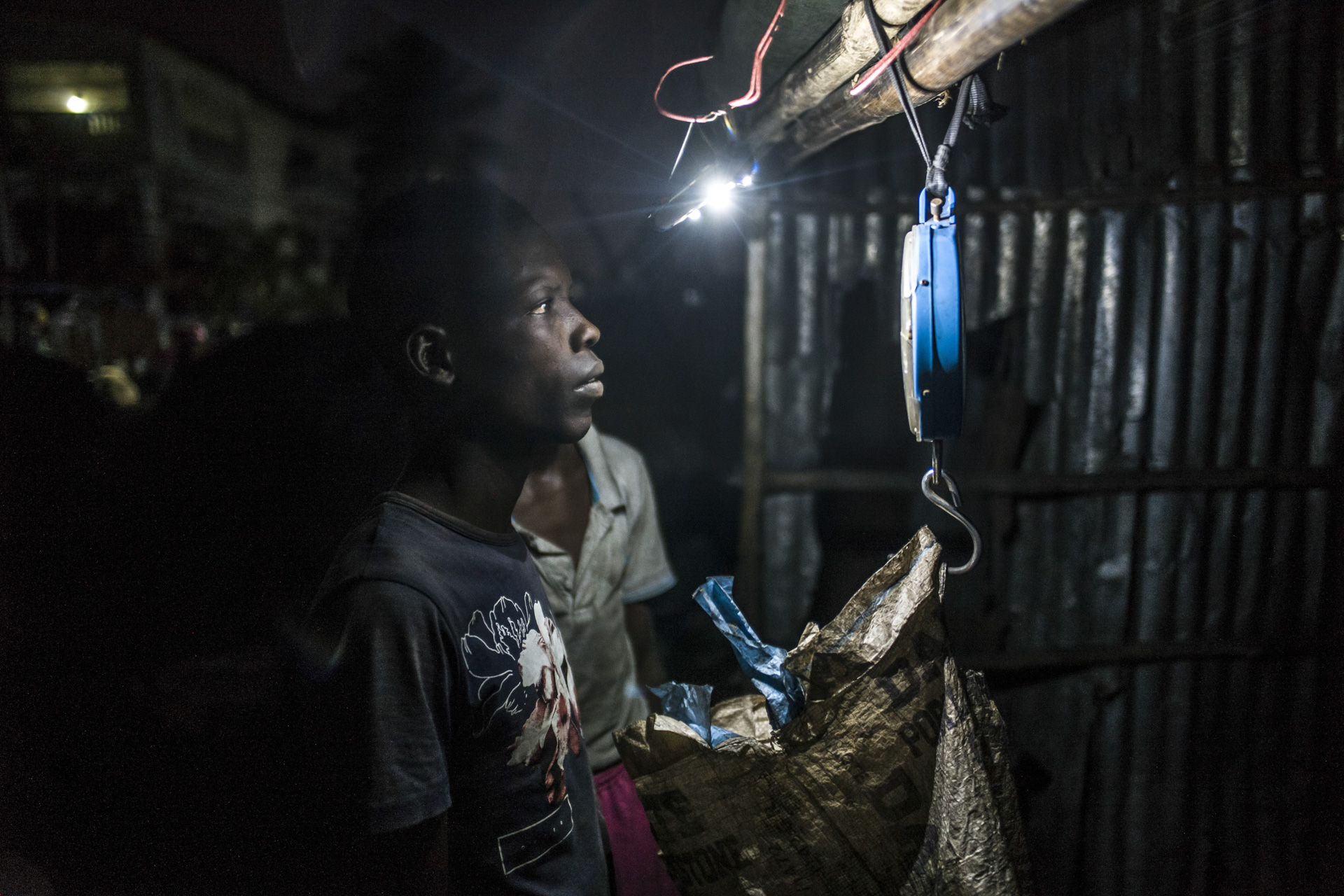« The children are left to their own devices in a street that looks down on them. »
« The children are left to their own devices in a street that looks down on them. » In Benin, child labour is widespread. In this small West African country, with a population of 11 million, 52 per cent of children are exploited. Where 40% of the population lives below the poverty line, 7800 children are in work.
In Cotonou, the economic capital of Benin, many children between the ages of 5 and 15 live in the Dantokpa market. In this maze full of stalls, children wander around looking for a few hundred CFA francs.
For hours, they practice meboto, which consists in sorting ginger, onions, tomatoes… Tshata is their second main activity, these young men collect scrap metal. They wander on huge rubbish dumps in the sky in search of a tin can, electric wires or plastic bottles.
The children are left to their own devices in a street that looks down on them. The Cotonois are distrustful, street children are often considered unreliable, thieves and swindlers.
For many, they have fled their daily lives. Accused of witchcraft, mistreated, abandoned, orphaned, they have left their villages for Cotonou. The low level of schooling of their parents, the rural exodus, the tradition and the low cost of child labour does not help them to get by.
According to actors in the field, « Children live in deplorable conditions and are victims of contemporary forms of slavery, which are observed on a daily basis through cases of massive violations of children’s rights (…), ill-treatment including corporal punishment, trafficking and exploitation, including sexual abuse. »
The association « Terres Rouge » offers overnight accommodation with breakfast so that they can become aware of their condition and try to cope .
Despite existing laws for the protection of minors, the phenomenon is only increasing. Poverty is the scourge of street children. But unfortunately, the provisions of these legal tools are not applied on the ground, especially in the markets where the majority of these children work. Worse still, market agents even manage to collect taxes on activities run by minors, due to a lack of knowledge of the laws.
Text: Lucie Appart

